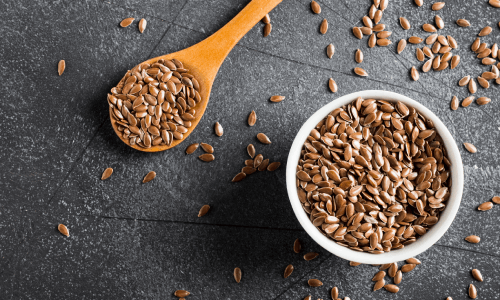Embarking on the journey to conceive is an extraordinary and hopeful chapter in many people’s lives. According to Ayurveda, there are, in fact, 4 essentials (Garbhasambhava Samagri) for conception. Whether you are just starting or have been on this path for a while, understanding these essentials can make the journey smoother. The essentials to Conceive Ayurveda lists out few essentials that are necessary for conception. Fertile period (Garbhasaya Ritu) From the 14th to the 16th day of menstruation, after bleeding stops, this period is, in fact, called Ritu Kala. This is fertile phase of your monthly cycle and is therefore, very crucial. It is the right time for conception. The uterus (Kshetra) A healthy, disease-free uterus is ideal for conception; furthermore, the uterus is home for the growing embryo. If there is any disease of the uterus, treat it before conception. Nourishment (Ambu) When food digests, Rasa Dhathu is formed. Its main function is Preenana or nourishment. A growing foetus, consequently, receives nourishment from the mother’s Rasa Dhathu. Hence mother’s nutrition is extremely important. The gametes (Beeja) Beeja means seeds. Specifically, it denotes the sperm (Shukla) and, on the other hand, the ovum (Artava). It is said that, ultimately, the quality of the seedling depends on, in fact, the quality of the seeds. The best way to improve the quality of Beeja is by following a healthy lifestyle and diet. Tips to boost sperm health Here are 5 simple ways by which you can boost sperm health: Keep your laptops away from your lap Keep your phones away from your pocket Include cooling foods in your diet Strictly avoid incompatible foods Reduce stress and exercise more Best foods for sexual health You can also try the following foods to improve your libido and sexual health: Pomegranate Barley soup Dates Black gram soup with ghee and rock sugar Moringa If you are finding it difficult to conceive, remember, in fact, Ayurveda has the answers you seek for infertility. You can consult an Ayurvedic doctor for guidance. Furthermore, Ayurvedic treatment does not involve any painful procedures or strong medications. It’s all about preparing your body by correcting the imbalances and administering Ayurvedic herbal combinations and formulations that enable natural conception. Doctor Rekha is a 4th generation Ayurvedic Medicine Doctor (BAMS) and also one of the best ayurvedic doctor in trivandrum city, living in between Dubai and India who has patients from around the globe who believes that the wisdom of Ayurveda can help everyone lead a happy, heathy and disease-free life. If you are struggling with any health issues, you can either book a consultation with us or send us a message via WhatsApp to +91 79074 89839. We have the best Ayurvedic doctors in Trivandrum who are always glad to help you. If you have any queries, contact us. You can also visit us at our hospital.
Conceive with Care : The Ayurvedic Essentials to Get Pregnant









